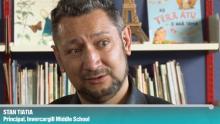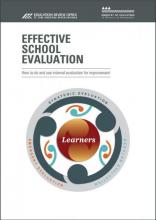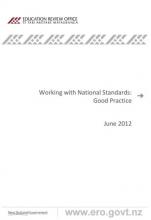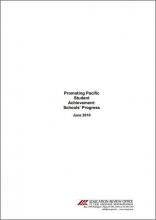Equitable opportunities to learn
At this secondary school leaders and teachers have responded to students’ need for more time to achieve their goals. While not mandatory for either staff or students, lunchtime and after school learning sessions have become the norm.










